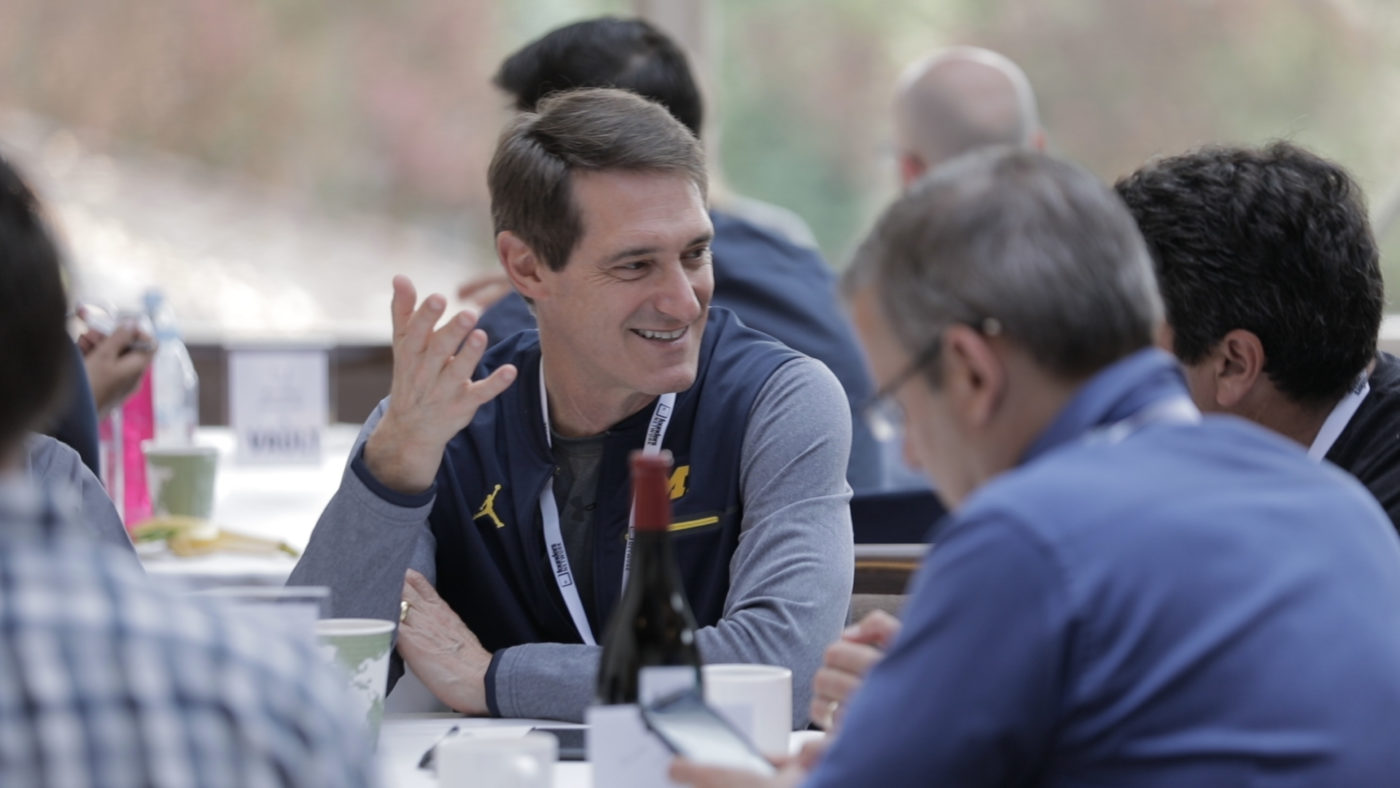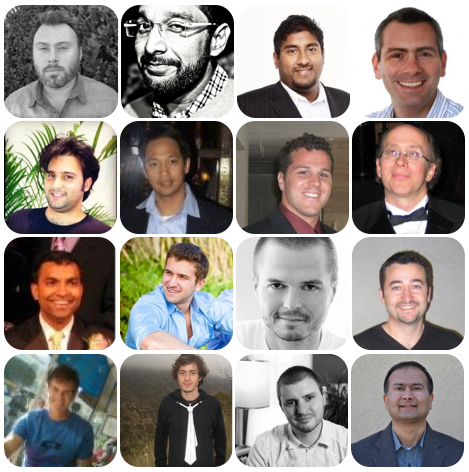
Discover who’s who in the tech startup industry with Founders Networks Member Profiles. Each profile covers one of our founders, their startup vision, achievements and current focus. Gain key insights about their most valuable lessons learned, greatest mentors and tips for staying motivated.

Richard White, founder/CEO of UserVoice
Name:
Richard White
Location:
San Francisco, CA
Education:
- BA, Computer Science from North Carolina State University
Prior Experience:
- Founder of SlimTimer.com
- Founder of Collective Core
- Project Lead at ActiveScaffold.com
- User Interface Designer at Kiko.com
- Web Developer at Kadro Solutions
- Applications Developer at NetCentrics
Current Startup:
UserVoice: simple online feedback, help desk and knowledge base software.
Mission:
To be a single tool you can use to manage all customer communications. To get feedback, help with support issues and answer common questions.
Milestones:
- Raised money
- Hired staff
- Set up offices
- Become profitable
- Over 90,000 organizations use the product
- Taking what we have done well with our product and applying that to sales and marketing.
- Working out how we can push all the collected customer data from the app into our users CRM systems or wherever else they would like it integrated.
Lessons Learned:
“I would say go with your gut and don’t expect other people to answer the hard questions for you. So when you are a first time founder and you are probably fairly young, especially in Silicon Valley, in relation to yourself everyone is going to be more experienced than you. Everyone is going to look like someone you should listen to. However, if you think about doing extrapolation, taking what you have learned in the first year of doing your startup and draw that out 20 years, say you are talking to someone who is 40, if you continue on your trajectory you would have a lot more experience that person you are talking to. I always think of in that way because, early on I was very susceptible to others but just because you are old it doesn’t mean that you give great advice or know what you are talking about. So you have to be good at listening to people but also ignore them. So rather develop your own instinct and gut so that you can answer your own tough question is very important.
Also, no data is better than some data when it comes to investors, especially at seed stage. You are better off saying we have no revenue model at all than saying we have a revenue model but it’s not amazing. Most people try to make money really quickly and then you think that people want to invest because you proved that you can make money but you may also have proved that there is not a million people who want to pay you today. Data might also sabotage your ability to sell the story. At seed stage you are really selling yourself and the story in your vision and you should use data to augment that. Good seed stage data is not revenue because you don’t have a sales team yet and you havent figured out marketing. So your data at seed stage should be engagement based. Out of the 30 people who do use this they tend to use it 3 hours a week and so on.”
Staying Motivated:
“I think the key to staying motivated it staying somewhat sane. I mean what saps motivation is depression. So if you are not depressed you are naturally motivated, that’s why you entered into the startup in the first place. It more that you don’t let your self-confidence waiver because you motivation will waiver when you say maybe I can’t do this. I think it really comes down to having peers and to have their support. Just knowing that you are not alone, that you are not the only one experiencing the down you experience helps. I feel self-confident through that and know that no one is actually much smarter than you, they may have more experience but they are not necessarily that much smarter. I think that having peers to reinforce that and to help you with in an almost therapy way is the key to motivation”
Biggest Mentor:
“First of all, I think mentor are suitable for certain faces. So the mentor I had when we were pre-funded is not the same guy I have as a mentor now. Now I have three primary mentors. One is our board member and lead investor Steve Anderson of Baseline Ventures. Steve is good because he is kinda the anti-VC VC. He is very good about not being too forceful. He lets me come around to it myself. So what he subtly hinted to me 6 months ago is what I’m doing now and probably what I should have done 3 months ago. And what is really great os that he allows me room to make some mistakes and learn from it. Another mentor is Scott Mitic, CEO of TrustedID, who is great because he is not an investor but he is in the same position where I am but 4 years ahead. He is a great listener and at the same time has great experience. My third mentor is fiance, Gretchen Curtis who is the co-founder of Piston Cloud Computing. She is great because we are peers. We are in the same place at the same time. Her skill are also complementary to mine. She does marketing and is more of a processes and team-person and I’m more of a product, manager, people-person. What all three of these people have in common and what I think is really important to a good mentor is that they are truly good listeners and allows you to come to your own conclusions. The best mentors talk more on an abstract level – holistically what are your challenges and how do you get past them.






